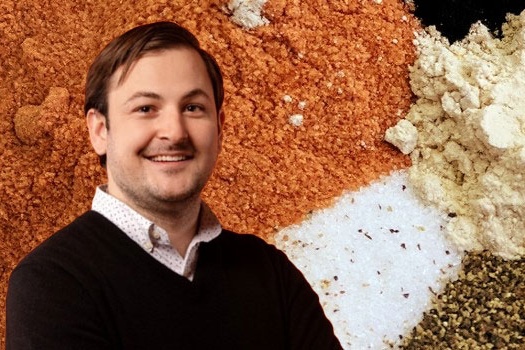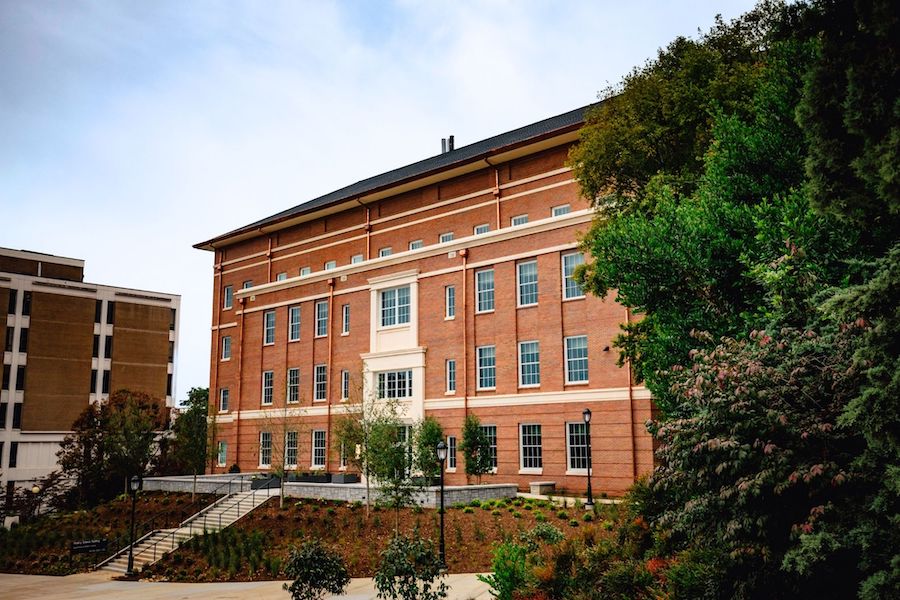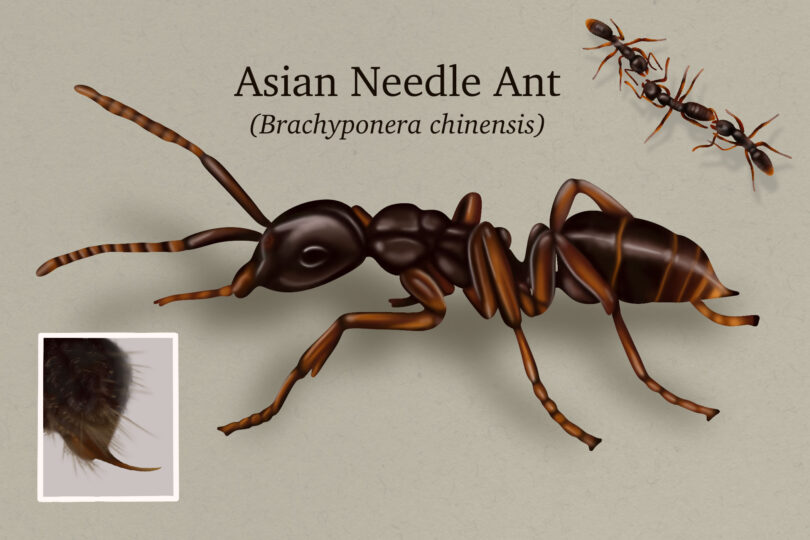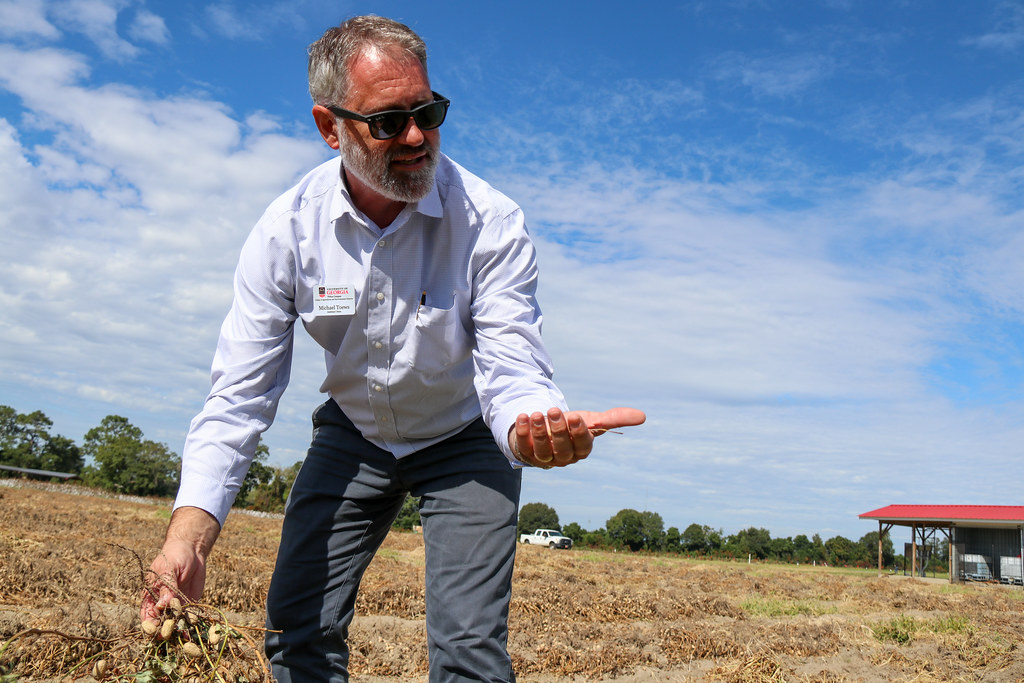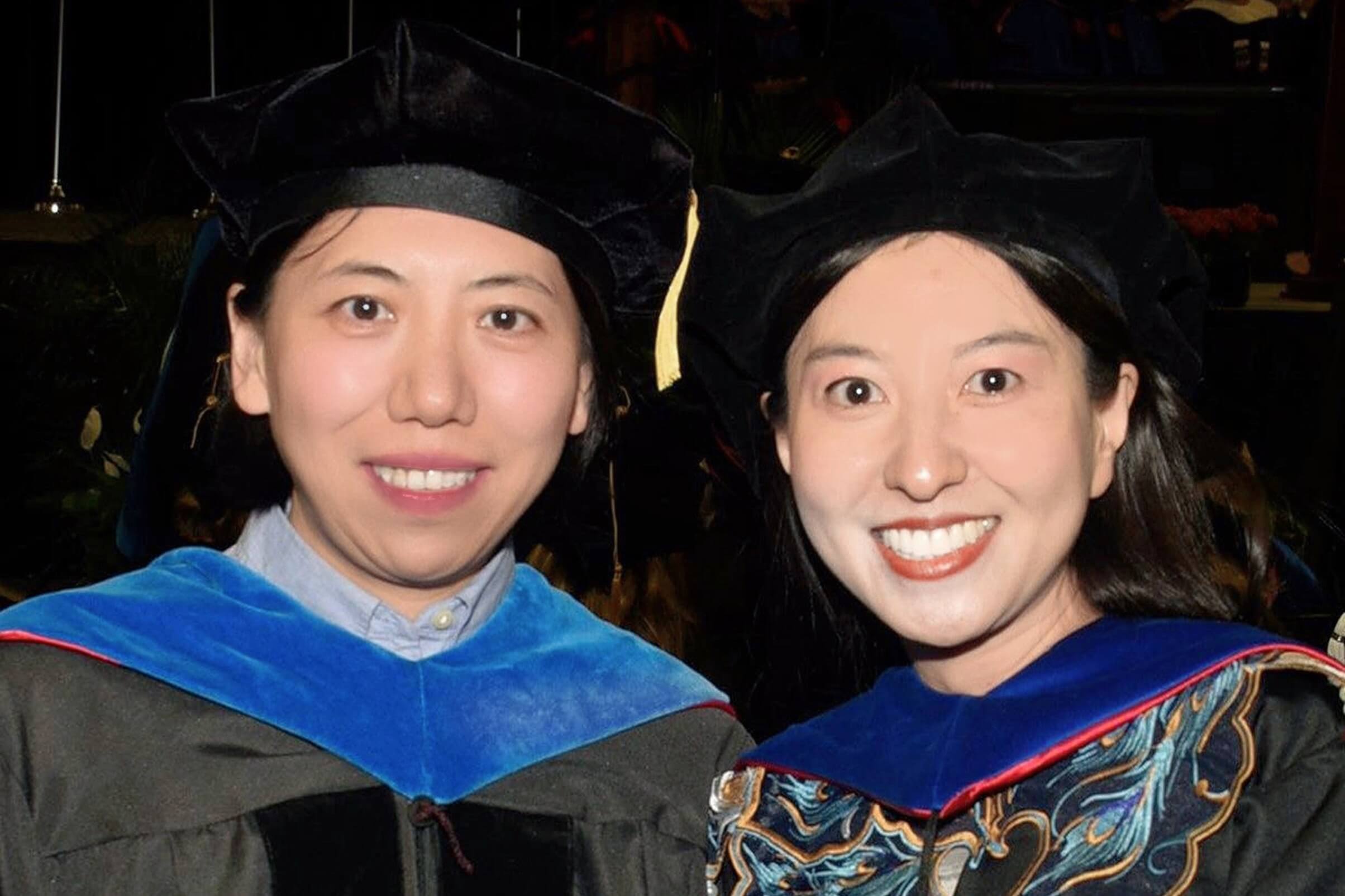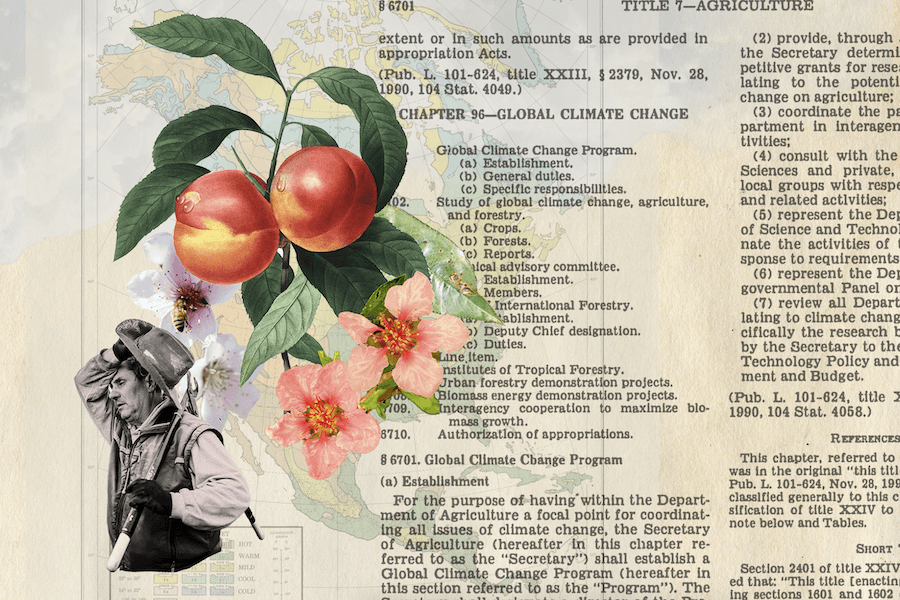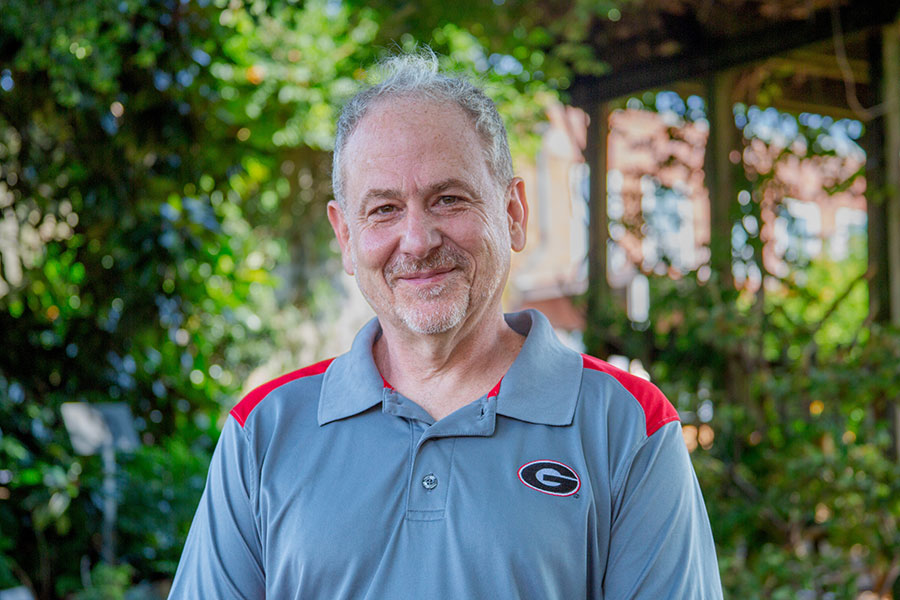 CAES News
CAES News
Frontiers Planet Prize
Multifaceted research on the social and environmental impacts of diversified agriculture from institutions around the world, including the University of Georgia College of Agricultural and Environmental Sciences, has been named one of three International Frontiers Planet Prize winners. An initiative of the Frontiers Research Foundation, the Frontiers Planet Prize recognizes transformational research that shows the greatest potential to address the world’s most urgent environmental challenges.

